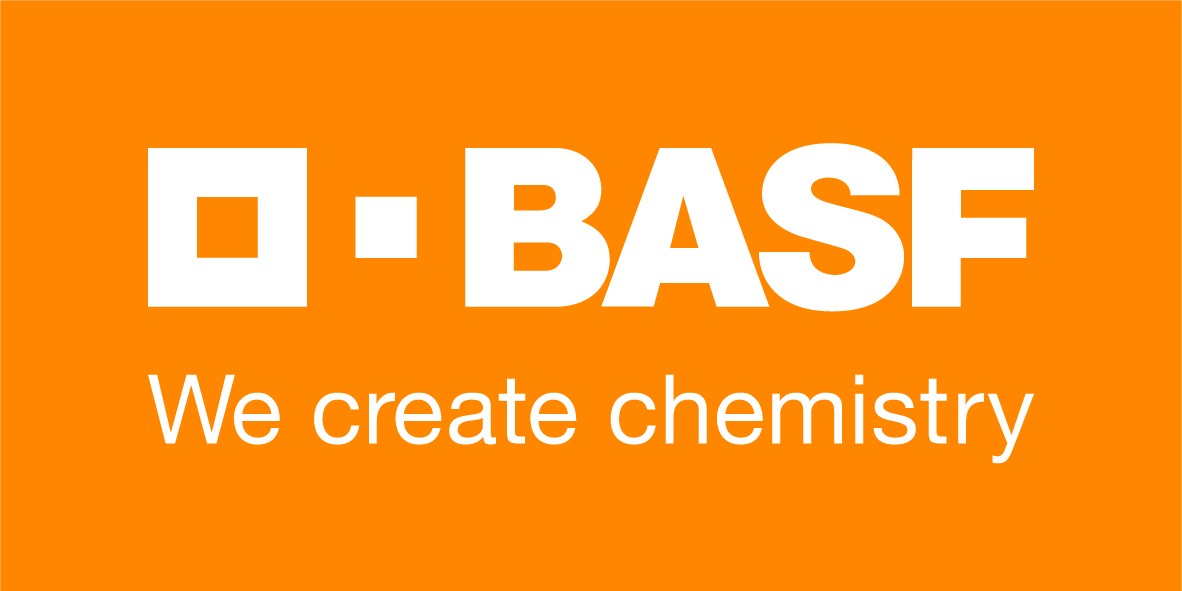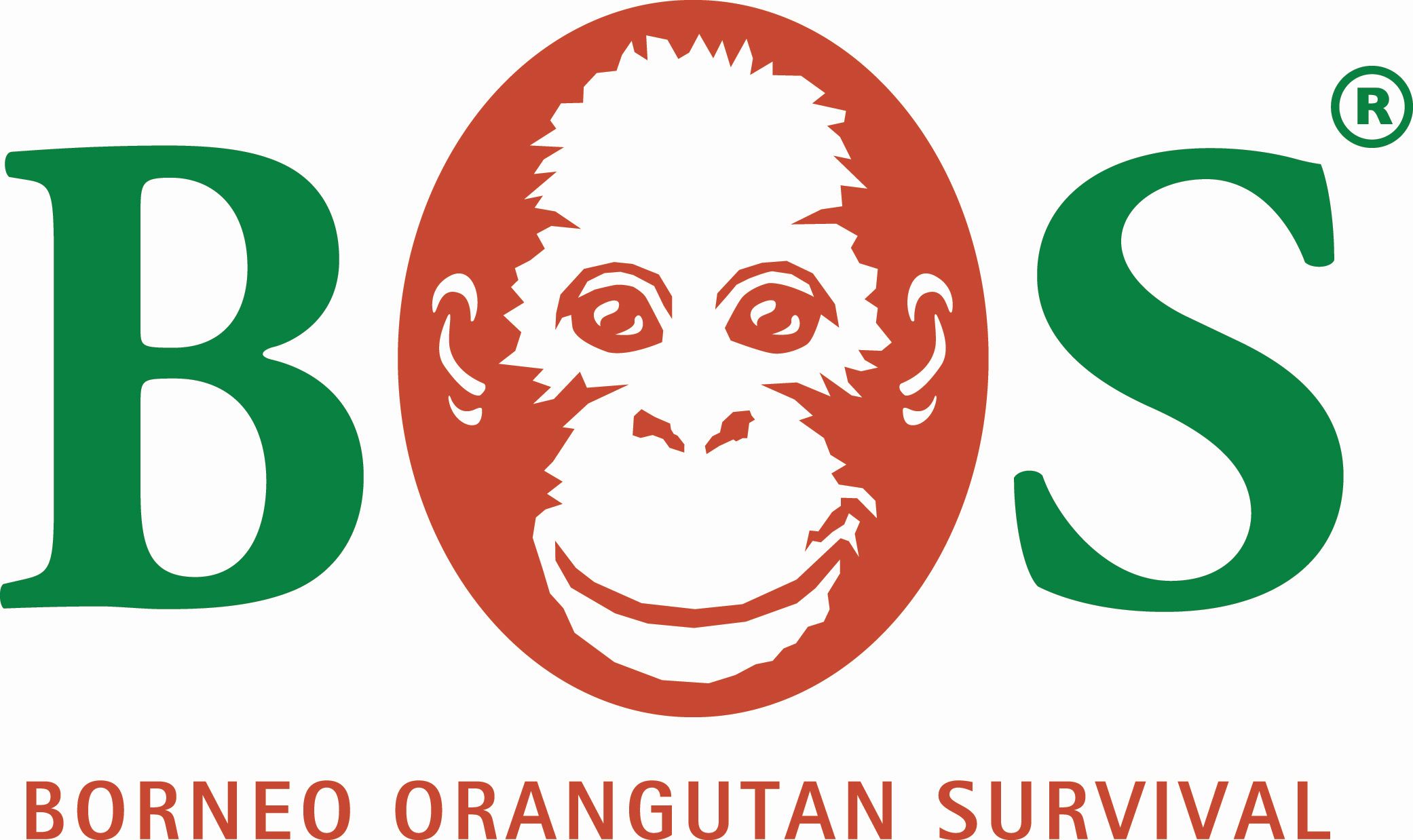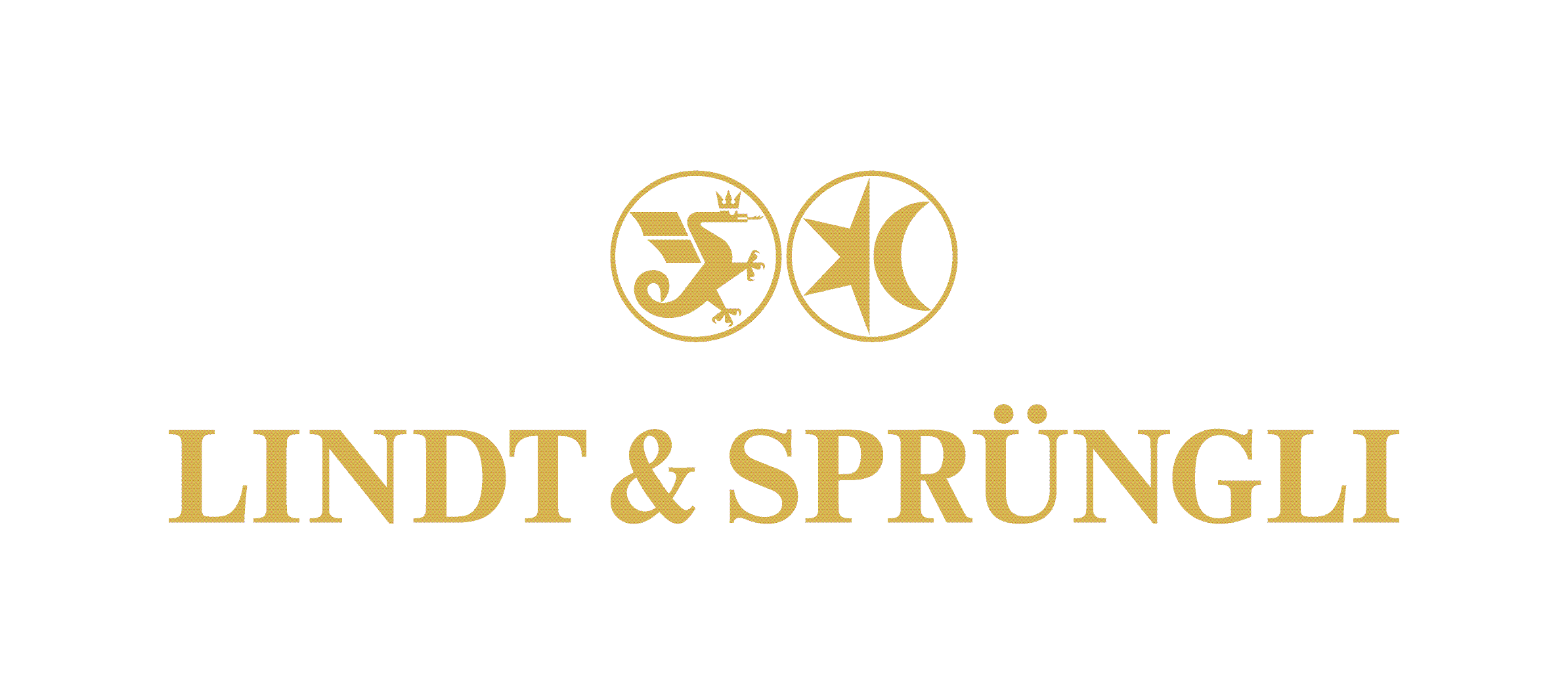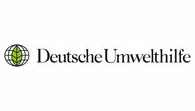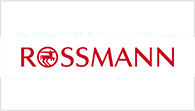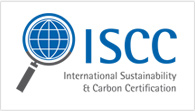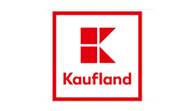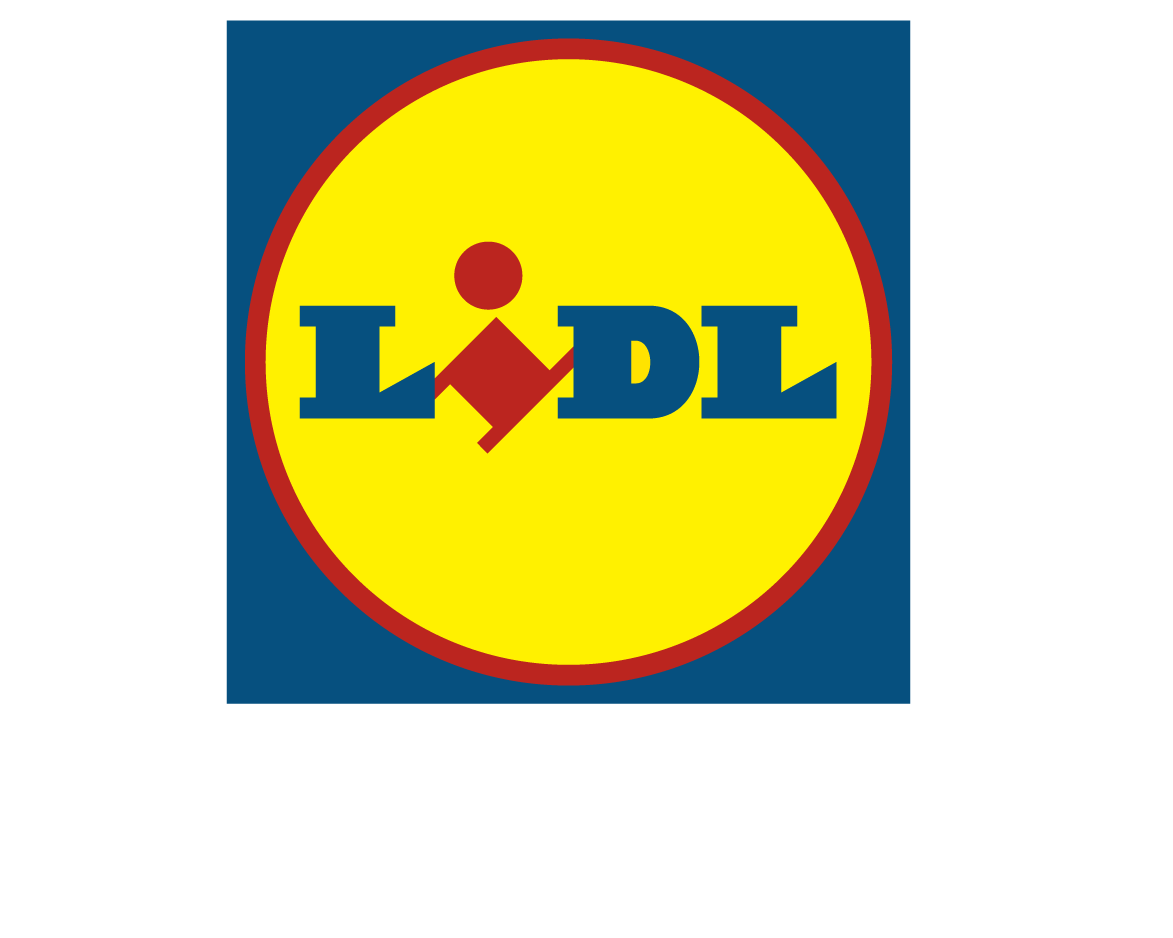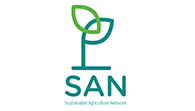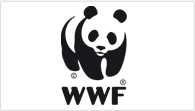FONAP-Project Indonesia
FONAP Project Indonesia
From sustainable palm oil to sustainable landscapes
Cooperation with FORTASBI in collaboration with the Indonesian NGOs Setara-Jambi and CAPPA
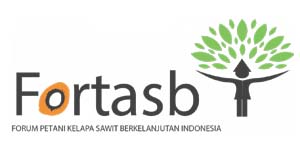
Smallholder groups and local NGOs founded the Indonesian Palm Oil Forum FORTASBI in 2014 with the aim of promoting a culture and practice of sustainable oil palm cultivation among independent smallholder farmers in Indonesia.
The Forum supports small-scale producers in achieving sustainability certification, linking them to markets and helping them to increase their productivity and livelihoods.
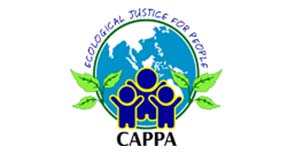
The organization CAPPA strives for sustainable, economic use of natural forest resources based on multi-stakeholder processes and cooperation at different levels.
Dialogue activities, conflict resolution, network strengthening, and support for local communities and their economies are part of CAPPA's activities in currently 11 villages in Jambi Province.
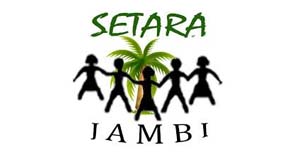
Yayasan SETARA was formed in 2007 out of a growing concern about the increasing expansion of conventional oil palm plantations in Jambi Province. The organization works to promote sustainable palm oil in various regions of Sumatra by focusing not only on certification, but also supporting producers with trainings on good agricultural practices. Setara Jambi has already trained more than 14,914 smallholders in Jambi and South Sumatra.
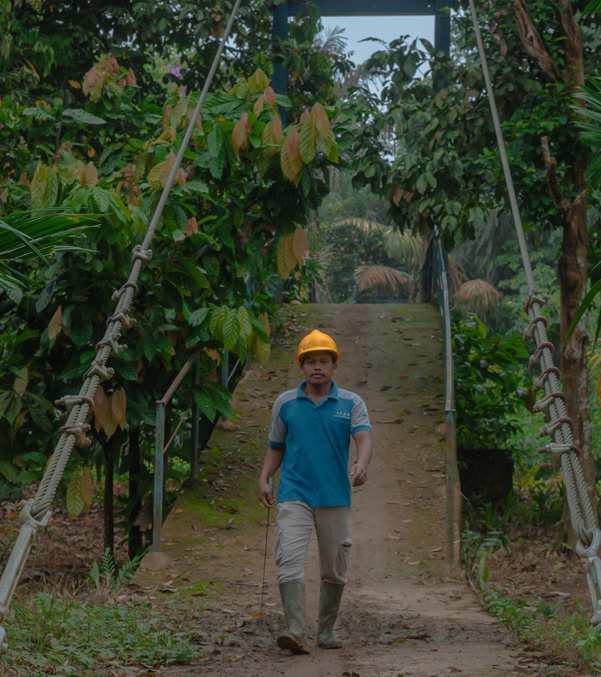
From sustainable palm oil to sustainable landscapes: Next level for production, protection and inclusion
A cooperation of FONAP with the Indonesian palm oil forum for smallholders FORTASBI in collaboration with the Indonesian NGOs Setara-Jambi and CAPPA. 27 FONAP members support the project and thus intensify their commitment in the largest palm oil producing country.
The pilot project, initially designed to run for twelve months, is intended to help smallholders to operate more sustainably overall.
Using various implementation strategies, the project primarily pursues ecological, but also social goals.
Download Factsheet
Sustainable landscape management through social forestry
Smallholders receive support in sustainable forest management. They practice so-called "social forestry," in which they plant 17 hectares of forest area with native species that also provide economic benefits. In this way, the natural state of the forest is restored. At the same time, the farmers are able to develop additional income sources through the cultivation of coffee and candle nut trees. Local women's groups are responsible for growing the plants: The establishment and management of three tree nurseries enables around 70 women to generate independent income of their own.
Sustainable landscape management through the protection of water bodies and riparian zones
To improve the water quality of the local Pengabuan River, the riverside villages committed to far-reaching protection measures. Together, the local communities agreed to designate new "Lubuk Larangan" zones, which will protect an area of the river and its shoreline up to five kilometers in length. Green buffer strips will be created in this area to restore natural riparian zones. Fishing will be regulated in these areas by village communities to help recover fish stocks. A community of smallholder farmers from the communities will act as " guardians " to ensure the success of the measures.
Sustainable oil palm cultivation through regenerative agriculture
A total of 533 smallholders take part in training courses to learn how to apply sustainable cultivation methods for oil palm cultivation and how to benefit from them in the long term. On demonstration plots, participants first learn how to produce organic fertilizer from cow dung and empty fruit bunches. This is then applied to the plots. The experience gained from our member project in Malaysia will also be incorporated: Wild Asia exchanges information with FORTASBI on the use of organic fertilizer.
The project region in the province of Jambi
The project region in the province of Jambi on the island of Sumatra borders the Bukit Tiga Puluh National Park, which is considered one of the last refuges for endangered species such as Sumatran orangutan, Sumatran tiger and Sumatran elephant. The on-site work intends to contribute indirectly to maintaining the buffer zone around the park and minimizing disturbance.
Impressions
from the project
Agricultural plants grown together with oil palms: Local seed mapping and plant identification
Oil palm smallholder stresses importance of protecting local river - FONAP project in Indonesia
Palm oil cultivation meets plant diversity: Social forestry supporting smallholders in Indonesia
Lubuk Larangan: A community concept for river protection
Cultural change through empowerment and inclusion of local women
Chemical-free oil palm production: Improved soil health through cow manure and empty fruit bunches
Sekretariat Forum Nachhaltiges Palmöl
c/o GIZ GmbH
Friedrich-Ebert-Allee 32+36
D-53113 Bonn
+49 228 4460-1346
E-Mail schreiben
LinkedIn
Youtube
Twitter


